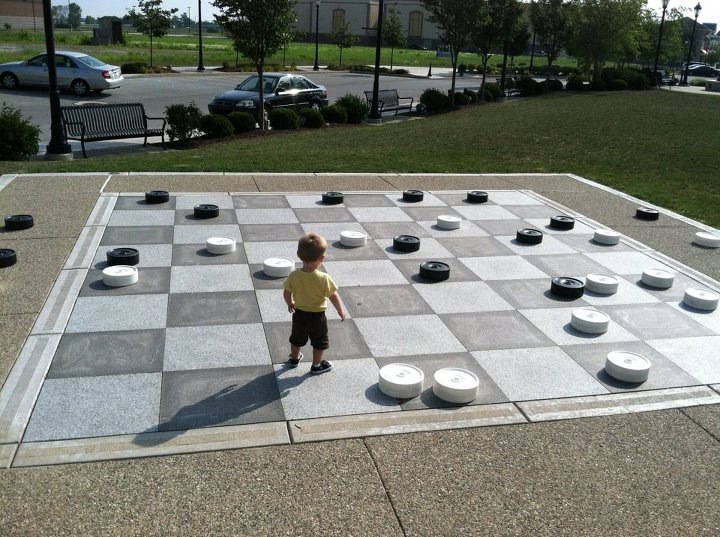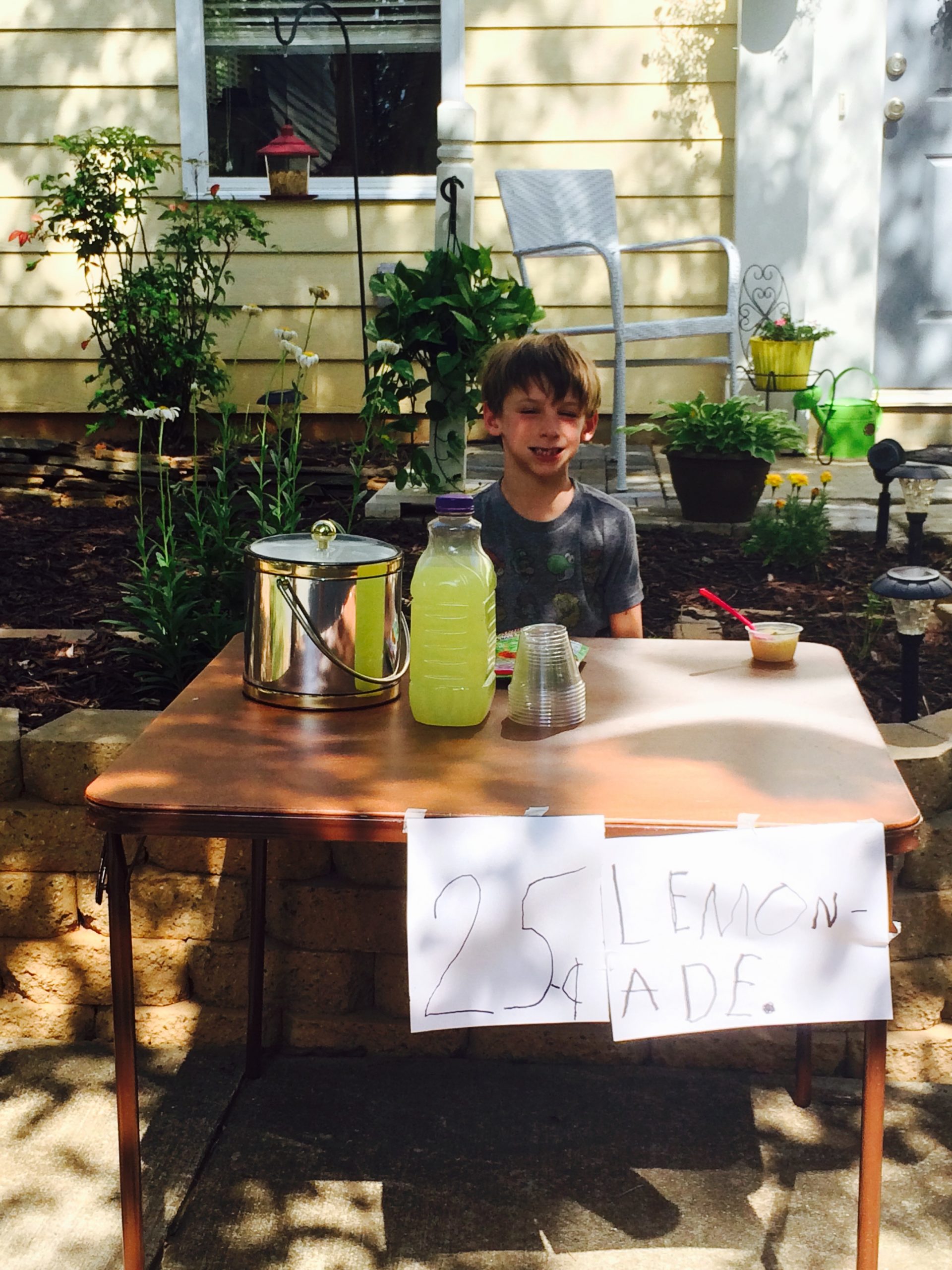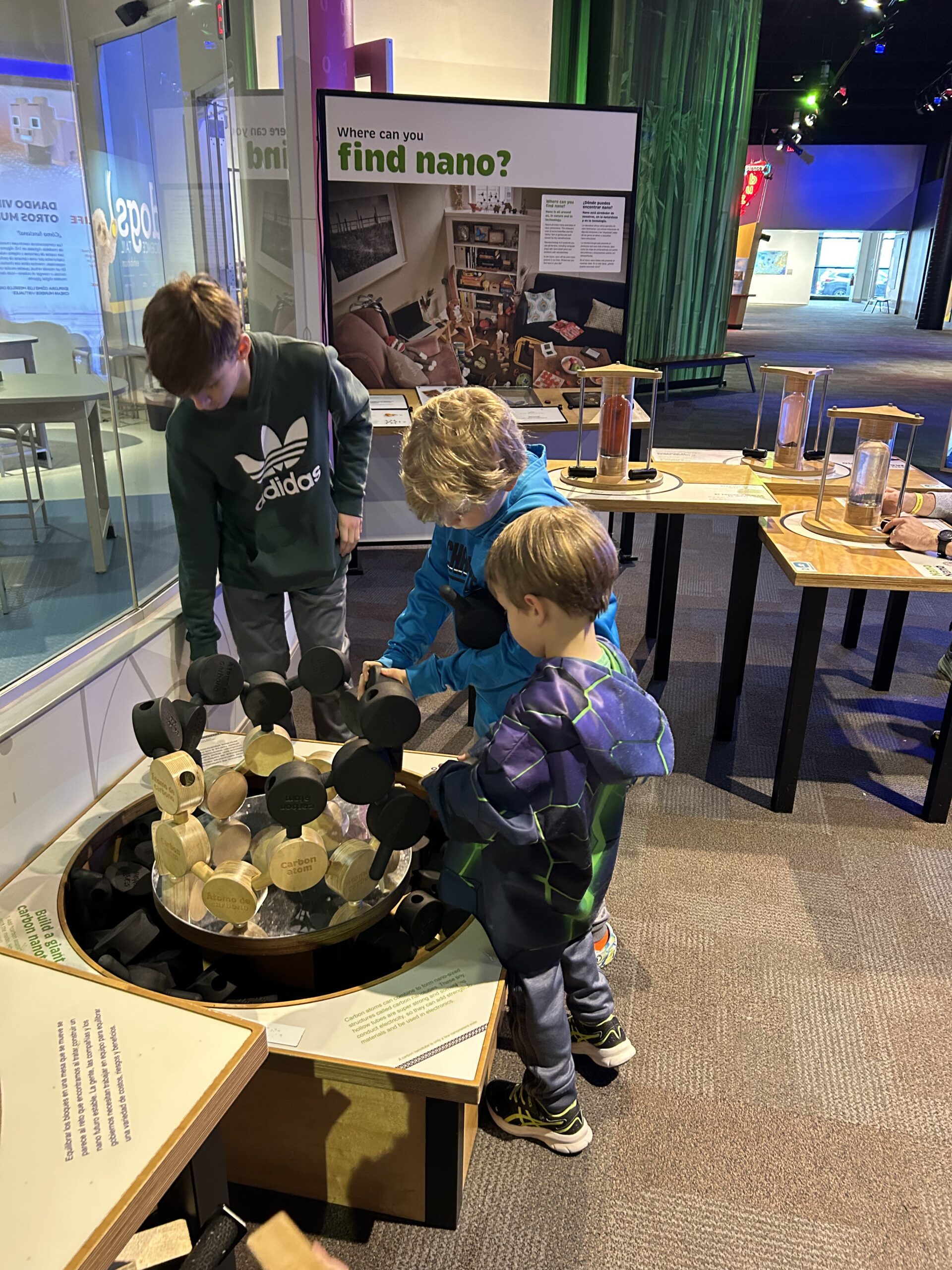Metacognitive and brain-based learning gives students the independence to collaborate with others. Also, it provides learners with the ability to set their own goals. They reflect on their ideas and evaluate their learning process. Also, it helps students with opportunities to practice their learning outside of the classroom. The independence it provides to students supersedes traditional learning.
Metacognitive Strategies
Students need to understand that learning builds brain capacity. Thus, they become motivated to learn. Therefore, they remember easily. Strategies that help metacognition are easy to incorporate into classroom learning.
- Teach students to plan and manage time.
- Students need to set goals that are realistic.
- Encourage collaboration with peers.
- Accountability for goals comes with telling others.
- Reflect on the process and ask questions.
- Students must understand how to self-evaluate their work.
Brain-based learning is important because it gives strategies that are based on neuroscience research. What’s more, since students are individuals, use a variety of strategies. Educators must base teaching on the science of learning. They must not base them on past educational practices. However, the strategies are not one-size-fits-all. They are based on research on the body, mind, and brain.
It’s rare that students develop these skills on their own. As teachers incorporate these skills of brain-based learning, they teach learning. Brain-based learning also helps students socially and emotionally. It helps SEL students to manage their thoughts, feelings, and actions. Thus students become lifelong learners.
A Summer for Brain-Based Activities
As school lets out for the summer, students need to take part in brain-based activities.
- -One summer activity is to take part in online reading games. Reading is vital in boosting brain-based skills.
- -Physical activities, including sports, are also vital to learning. Outdoor activities encourage socialization, rewards, and peer groups to join. Physical activities enhance cognition.
- -New interests and hands-on activities strengthen mental skills.
- -Virtual or real field trips help connect students to today’s world.
Creating a brain-based environment, in or out of school, helps a student’s brain to grow. The activities and strategies motivate students to learn. It is about connecting the mind, body, and brain.




